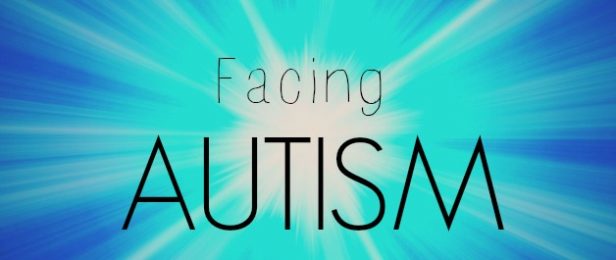The fact that autism is diagnosed later in minority children saddens me. It saddens me, but it also motivates me to be even more diligent about spreading autism awareness in my community. Our children are beginning the race when children of other races are already on their third lap. Angel was not diagnosed with autism until he turned four.
Here is the action plan that I wish I had years ago:
Before the Autism Diagnosis
- I implore parents to learn about the various childhood developmental milestones. This knowledge will empower you with the information needed to tell if your child is developing normally.
- Maintain an open dialogue with your child’s pediatrician about their development. If you believe that something is just not right, trust your instinct and follow up on it.
- If your child is missing developmental milestones, contact a developmental pediatrician or pediatric neuro-psychologist and request an evaluation for your child.
- Do your homework and act promptly. Procrastinating can deprive your child of crucial early intervention services that can make a big difference in their development.
After the Autism Diagnosis
- Learn all you can about your child’s autism diagnosis. An informed parent is an empowered parent.
- Become a staunch advocate for your child.
- Know that it is okay to feel varying emotions after learning that your child is on the autism spectrum.
- Contact your state’s Parent-to-Parent coordinator to get a support-parent referral.
- Find a support group in your neighborhood.
- Join online forums and support groups for parents of children with autism. These outlets can be a valuable source of support and resources.
- Be an active participant in finding an appropriate educational placement for your child. If your child is under three, look into your state’s Early Intervention program. A special-needs advocate can be a big help during this process.
- Be an active participant in the development of your child’s Individualized Family Service Plan (IFSP) or Individualized Education Program (IEP).
- Attend parent workshops and trainings.
Taking these steps after your child is diagnosed is crucial. When I attend autism-related trainings and seminars, I can count the minorities in attendance on one hand. This has to change. We need to start seeking information and doing our best to become a strong voice in the autism community.
We can’t leave it all to celebrities. I am grateful for the awareness that celebrities bring to autism, but we ALL have to do our share. Promoting autism awareness and acceptance are causes that we all need to embrace because we can help our children and each other by seeking and spreading knowledge.
BMWK – What would you add to my action plan? Are you active in the autism community?
Check back every other Tuesday for additional articles from Kpana Kpoto as she shares her experiences and what she learns as she raises her son that has been diagnosed with Autism.
